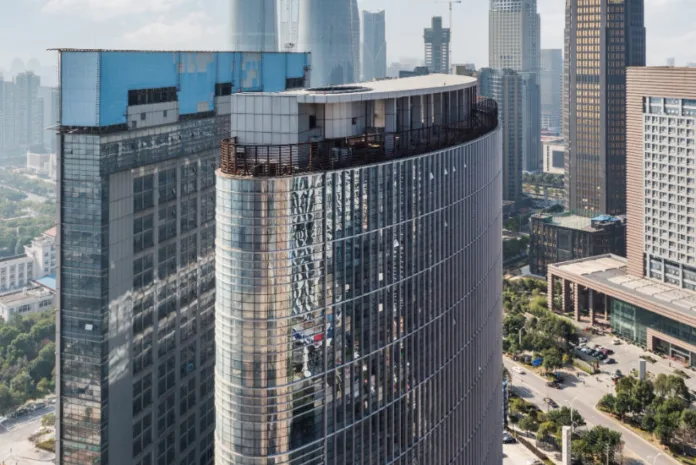Damascus, Muscat, and Abu Dhabi emerge as top performers amid mixed Arab stock market performance
A handful of Arab markets defied the region’s overall downward trend in September, delivering robust growth despite broader challenges, according to the latest monthly report from the Arab Monetary Fund (AMF). While some markets in the region struggled, others surged ahead, highlighting both resilience and volatility in the face of global and regional pressures.
Leading the way was the Damascus Stock Exchange, which saw a remarkable 55.36% jump in trading volume. The Muscat Stock Exchange followed closely with a 54.67% increase. Abu Dhabi was another strong performer, with its trading value rising by an impressive 37.28%. These figures underscore the sustained investor confidence in these markets, even as the wider Arab region saw its financial activity decline.
In contrast, the AMF’s report revealed that Arab markets, on the whole, experienced a 10.78% drop in trading volume and a 2.76% fall in trading value compared to August. Among those hardest hit was Saudi Arabia’s financial market, which saw trading volume decrease by 12.42%. Dubai and Egypt also posted declines of 7.31% and 4.36%, respectively.
Embed from Getty ImagesDespite these setbacks, the Arab region’s overall financial resilience stood out against a backdrop of global economic turmoil. According to the AMF, regional dynamics and sector-specific performance played key roles in determining the varied outcomes across different markets. The report also pointed out that, when compared to Western markets, the Arab region fared considerably better in September.
Performance of the AMF Composite Index
One of the key measures of regional performance is the AMF Composite Index, which tracks overall activity across Arab financial markets. For September, this index edged up by 0.58%, closing at 496.70 points. Although modest, this growth marks a steady recovery from the declines witnessed in August.
The report attributed this improvement to the positive performance of 10 out of the 14 Arab markets included in the index. Despite this progress, four markets recorded declines, reflecting the complex mix of growth and challenges facing the region. The overall index gain of 2.87 points by the end of August indicates a slow but encouraging recovery.
Arab Markets Outperform Western Counterparts
On the global stage, Arab markets fared comparatively well in September. While the MSCI Emerging Markets Index for Asia saw a healthy rise of 7.80%, Latin American markets posted a slight dip of 0.06%. Meanwhile, European and American indices such as the FTSE and Nikkei struggled, with declines of 1.67% and 1.88%, respectively.
This comparison underscores the resilience of Arab markets, particularly when seen against the backdrop of inflationary pressures and geopolitical instability affecting global financial systems. In particular, markets like Iraq, Damascus, and Dubai have shown that regional dynamics can offer some protection from international economic headwinds.
Looking Ahead: A Complex Recovery
The AMF’s September report paints a complex picture of Arab financial markets. While certain markets experienced significant growth, others struggled under the weight of local and global pressures. The report suggests that ongoing economic adjustments and the global economic climate will continue to influence market performance in the months to come.
Nevertheless, the gains seen in key markets such as Damascus, Muscat, and Abu Dhabi offer a promising outlook. As these markets continue to attract investor interest, they may well serve as stabilising forces for the region as a whole. Additionally, the steady performance of the AMF Composite Index indicates that, despite the challenges, a slow but steady recovery is underway.
In conclusion, while the Arab region’s financial markets are not immune to the broader economic challenges of the world, their relative resilience offers hope. With key sectors like real estate and finance showing continued growth, the region is well-positioned to navigate future uncertainties. The question now is whether these positive trends will continue and if the region can maintain its edge over struggling Western markets.
